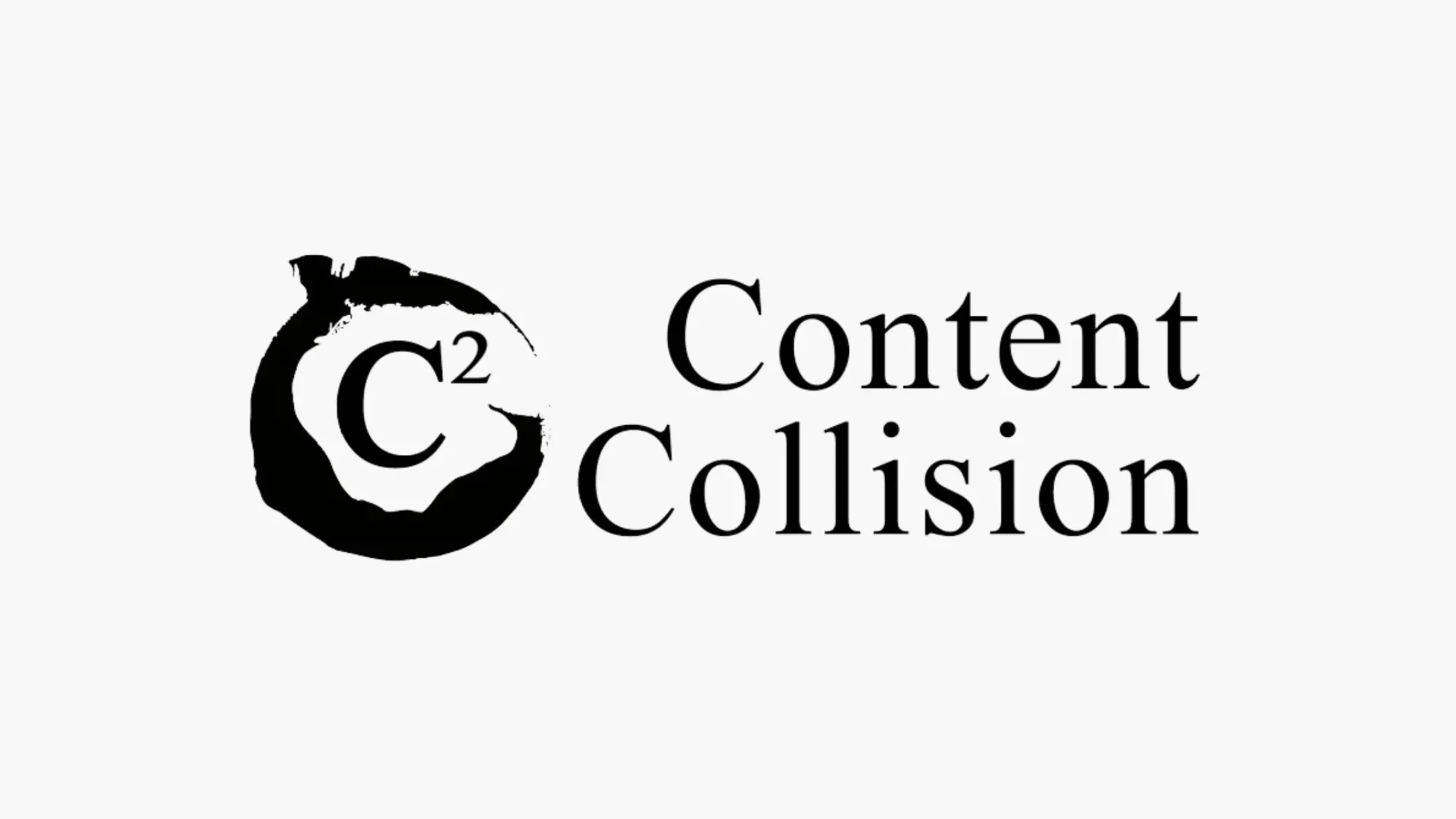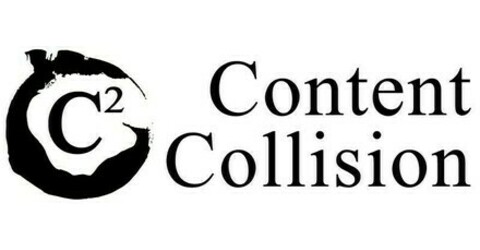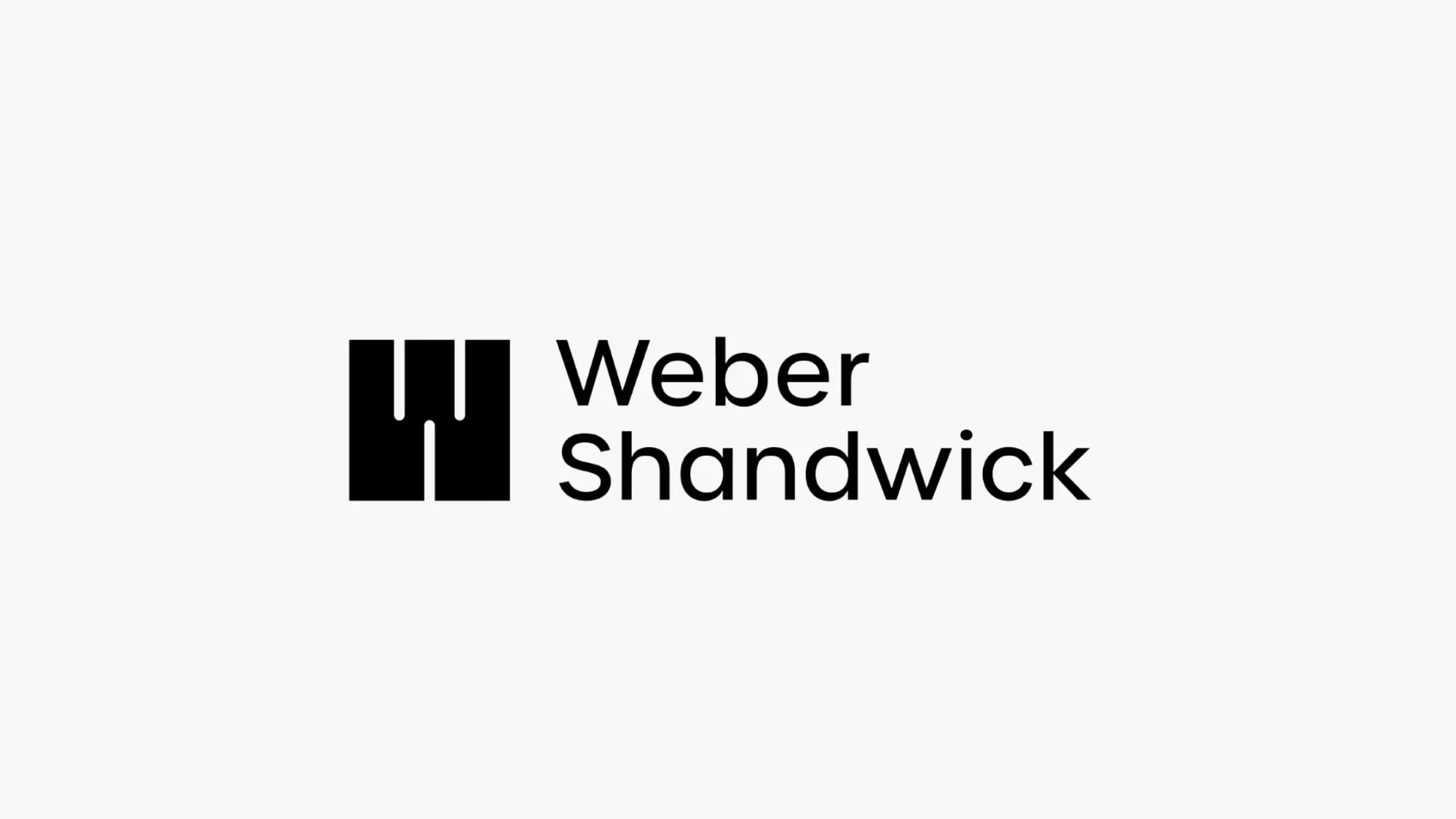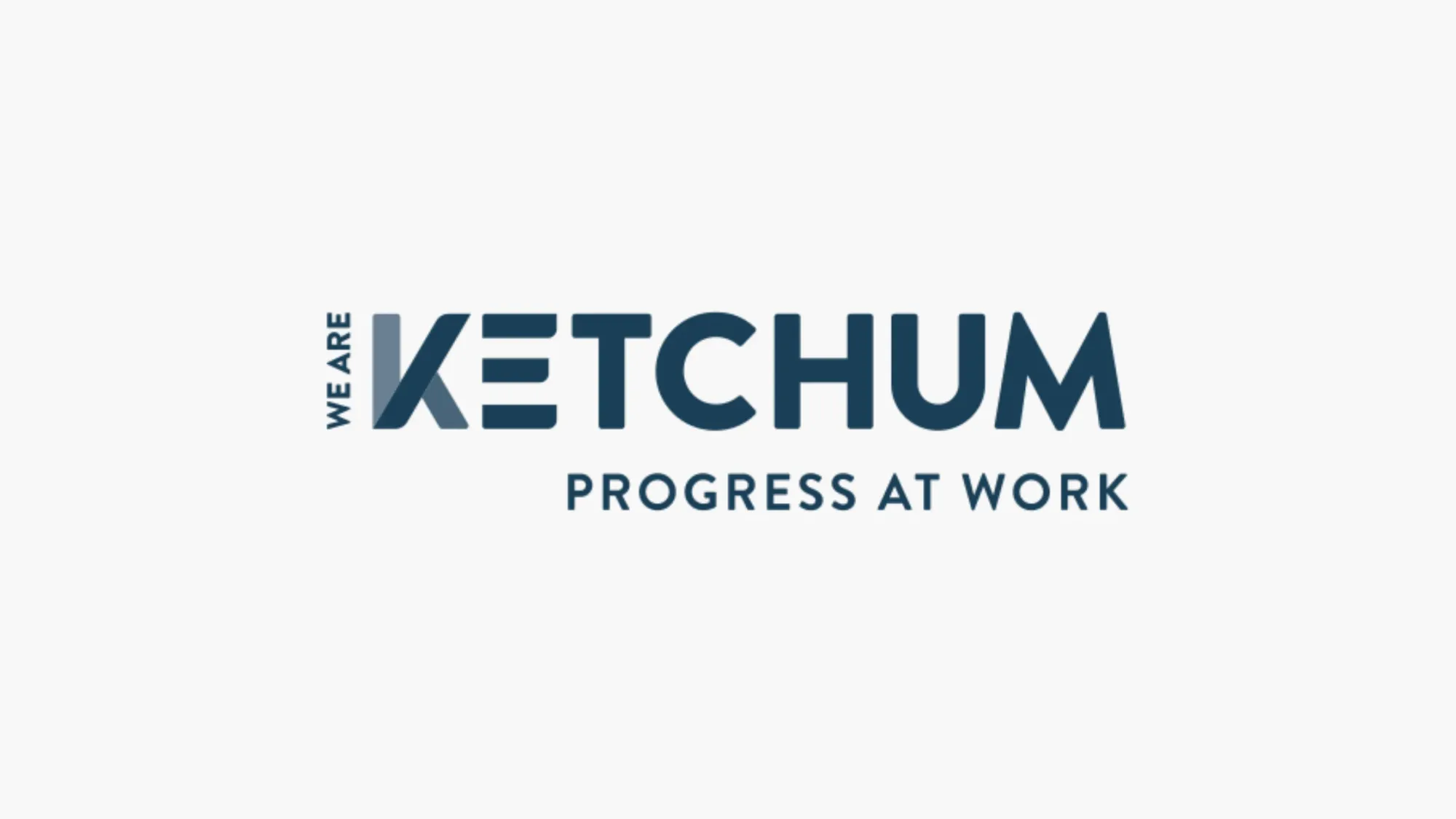What is a PR agency and when do you need one?
What is a PR agency? Uncover its role in media relations, crisis handling, and cost breakdowns.

Every brand faces moments when it needs more than just good marketing—sometimes, it needs a PR expert to step in and handle the message.
While services like press release distribution and newswires are effective for sending messages to the media, they don't offer the strategic approach that a PR agency can provide. A PR agency doesn’t just push out news—they manage how a company communicates with the world at large.
But how do you know if a PR agency is what your business really needs?
For some, the need for professional PR services is clear—whether you’re handling sensitive media relations, building a brand, or dealing with a crisis. But for others, simpler tools like press release services or in-house teams may be enough.
In this article, we’ll take a closer look at what PR agencies do, how they work with businesses, and when it makes sense to engage their services.
💡 Pressed for time? Here’s what matters:
- PR agencies do more than distribute press releases—they shape how your brand communicates, manage media relations, and handle crises.
- Their services cover content creation, event support, and long-term reputation management.
- Pricing varies: hourly fees range from US$100 to US$500, monthly retainers from US$3,000 to US$10,000, and projects can cost from US$5,000 upward.
- A PR agency is best when your business needs consistent media presence, crisis handling, or brand building.
- Industries like tech, healthcare, consumer goods, nonprofits, and finance use PR differently to meet specific communication needs.
What is a PR agency?
A PR agency specializes in managing how a company communicates with the public. They craft narratives, manage media relationships, handle press inquiries, and ensure that a brand’s messaging is consistent across all channels.
Unlike press release distribution services that focus purely on sending out news to media outlets, a PR agency takes a broader, more strategic approach. Their role often extends beyond mere media coverage to include crisis management, brand positioning, and long-term reputation building.
PR agencies work across many industries and typically offer a range of services including media relations, content creation, event management, and sometimes even crisis communication. The goal is to build and maintain a positive public image and make sure that a company’s messaging aligns with its business objectives.
Recommended PR firms
There are numerous PR agencies available, each with its own strengths depending on industry and the scope of the services needed. Here are some recommended PR agencies based on reputation and the range of services they offer:
Content Collision (C2)

Content Collision (C2) is recommended for companies seeking a strategic, highly personalized approach to public relations. The agency focuses on brand positioning, media relations, and content-driven PR campaigns.
Known for its versatility, C2 works across various sectors, offering customized strategies that cater to both startups and established brands. Their emphasis on creating compelling content and fostering media relationships helps brands effectively navigate the ever-evolving media landscape.

Edelman

Edelman is a global communications firm that offers a broad range of services designed to help organizations build, promote, and protect their reputations.
With a presence in over 60 countries, the firm specializes in corporate reputation, crisis management, media relations, and digital transformation. Edelman also focuses on areas such as ESG (Environmental, Social, and Governance), executive positioning, and data security.
The agency is known for its strategic approach to public relations, combining traditional and digital communications to manage brand perception and trust
Weber Shandwick

Weber Shandwick is a communications agency with a reputation for navigating complex public relations needs, especially across industries like healthcare, technology, and consumer products.
The agency focuses on earned media, helping clients build meaningful connections through a mix of strategy, media relations, and influencer engagement. Known for delivering results through a combination of traditional and digital media channels, Weber Shandwick excels in content-driven campaigns that leverage social platforms, performance media, and more.
Their expertise lies in creating content that speaks authentically to the right audiences while amplifying brand visibility across multiple touchpoints
FleishmanHillard

FleishmanHillard is a global public relations and marketing agency known for its expertise in reputation management and crisis communications. It integrates various services like media relations, digital strategy, and creative content development to build and protect brands across industries.
They work with companies in fields such as healthcare, financial services, technology, and government. FleishmanHillard's Crisis Management services are particularly robust, offering proactive planning, risk assessments, and response strategies to mitigate potential threats to brand reputation.
Their reputation management services help businesses align their messaging across all communication channels, ensuring an authentic narrative and building trust among key stakeholders
Ketchum

Ketchum is a leading public relations agency that specializes in helping brands build connections through storytelling and communications strategies. Known for its approach to innovative media engagement, Ketchum delivers results by tapping into deep insights and shaping the narrative around its clients' brands.
They work across a wide array of industries, including healthcare, consumer products, and technology, crafting campaigns that address business goals while maintaining brand integrity. Their data-driven approach ensures that strategies are aligned with both consumer expectations and evolving market trends
Each of these agencies has earned its reputation by providing comprehensive services and delivering results for businesses of all sizes. When choosing a PR agency, consider your company’s size, industry, and the specific needs you have—whether it’s media relations, crisis communication, or long-term reputation building.
How much should you pay a PR agency?

PR agencies offer a range of pricing options depending on the services you require. Generally, you can expect the following:
- Hourly rates: Between US$100 and US$500 per hour, depending on the agency’s size and expertise.
- Monthly retainers: Typically range from US$3,000 to US$10,000 per month, depending on the scope of services.
- Project-based fees: For specific campaigns, PR agencies may charge between US$5,000 and US$50,000+, depending on the complexity and duration of the project.
Keep in mind that the cost varies depending on factors like the agency’s reputation, the industry you’re in, and the scale of the PR campaign you’re planning. A larger firm with more extensive services will generally cost more, but the investment may be worth it for businesses that need a full-scale PR strategy.
When do you need a PR agency?

PR agencies are a good fit for businesses facing complex communications needs. These are some of the scenarios where hiring a PR agency may be beneficial:
- Crisis management: If your company is dealing with a public relations crisis—whether it’s a product recall, legal trouble, or negative media coverage—a PR agency can help manage the messaging and mitigate any damage to your brand’s reputation.
- Brand building: Startups and growing companies that want to establish a strong brand presence often rely on PR agencies to craft a compelling narrative, secure media placements, and create buzz around their products or services.
- Media relations: If your company is looking to get regular coverage in the media, a PR agency can manage relationships with journalists, pitch stories, and help secure high-profile placements.
- Long-term reputation management: Maintaining a positive public image over time requires consistent effort. PR agencies can help ensure that your messaging stays on track and your brand remains well-regarded in the public eye.
In general, if your business is at a stage where media visibility, brand image, or crisis management are critical, a PR agency can provide strategic support. On the other hand, if your needs are more straightforward—such as simply distributing press releases or handling minor press inquiries—you might find press release distribution services or in-house teams to be sufficient.
How different industries use PR agencies

PR agencies serve businesses across various industries. Here are some examples of how different sectors typically use PR services:
- Tech startups: PR agencies help tech companies gain visibility and credibility in a crowded market. Whether it's promoting a new product launch or positioning the company as an industry leader, PR can make a significant impact on a startup's growth trajectory.
- Consumer brands: Companies that sell directly to consumers often use PR agencies to build brand awareness, manage influencer relationships, and execute campaigns that engage their audience through media and events.
- Healthcare and biotech: These industries rely heavily on PR to manage sensitive information, build trust with the public, and handle regulatory communications. PR agencies play a key role in educating the public about new treatments, breakthroughs, and health-related issues.
- Nonprofits: Nonprofit organizations use PR to raise awareness for their causes, build relationships with donors, and create compelling campaigns that can influence public opinion and drive donations.
- Finance: Financial institutions often turn to PR agencies to manage complex communications, whether it’s in the face of an economic downturn or to maintain a positive brand image during times of uncertainty.
Whether you’re looking to manage a crisis, build a brand, or maintain a positive media presence, a PR agency can help you achieve those goals. However, it's important to assess your company’s needs before making the decision to hire an agency, as there are other options like press release services that may be a better fit for more targeted communications.
By understanding the role of PR agencies and their capabilities, you can make an informed decision on whether it’s time for your business to bring in outside PR expertise.
If you find that a full-service PR agency isn’t what your business needs right now, PR distribution services could be a suitable alternative. These platforms allow you to efficiently distribute press releases to targeted media outlets. If you’re looking for options, check out our list of recommended press release distribution services.



